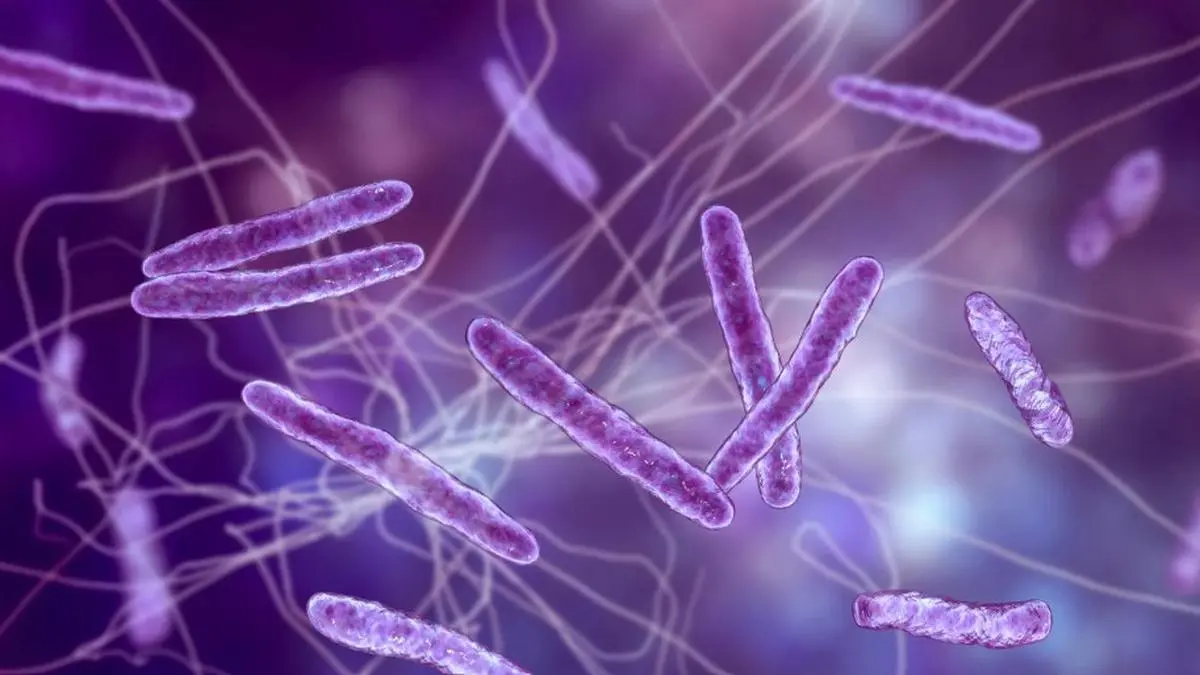How AI uncovered 3 billion years of bacterial evolution across 1 trillion species
There are roughly a trillion species of microorganisms on Earth – the vast majority of which are bacteria.
Bacteria consist of a single cell. They do not have bones and are not like big animals that leave clear signs in the geological record, which thankful palaeontologists can study many millions of years later.
This has made it very hard for scientists to establish a timeline of their early evolution. But with the help of machine learning, we have been able to fill in many of the details. Our new research, published today in Science, also reveals some bacteria developed the ability to use oxygen long before Earth became saturated with it roughly 2.4 billion years ago.
A monumental event in Earth’s history
About 4.5 billion years ago, the Moon formed. Violently. A Mars-size object collided with Earth, turning its surface into molten rock. If life existed before this cataclysm, it was probably destroyed.
After that, the current ancestors of all living beings appeared: single-celled microbes. For the first 80% of life’s history, Earth was inhabited solely by these microbes.
Nothing in biology makes sense except in the light of evolution, as evolutionary biologist Theodosius Dobzhansky famously said in 1973. But how did the evolution of life proceed through the early history of Earth? Comparing DNA sequences from the wonderful diversity of life we see today can tell us how different groups relate to each other. For instance, we humans are more closely related to mushrooms than we are to apple trees. Likewise, such comparisons can tell us how different groups of bacteria are related to each other.
But comparison of DNA sequences can only take us so far. DNA comparisons do not say when in Earth’s history evolutionary events took place. At one point in time, an organism reproduced two offspring. One of them gave rise to mushrooms, the other to humans (and lots of other species too). But when exactly did that organism live? How many years ago? One thing geology teaches us about is the existence of another monumental event in the history of Earth, 2.4 billion years ago. At that time, the atmosphere of the Earth changed dramatically. A group of bacteria called the cyanobacteria invented a trick that would alter the story of life forever: photosynthesis.
#BacterialEvolution #ArtificialIntelligence #Microbiology #EvolutionaryBiology #AIinScience #Genomics #ComputationalBiology #MicrobialDiversity #LifeSciences #AIResearch #BiotechInnovation #TrillionSpecies
International Young Scientist Awards
Website link: youngscientistawards.com NominationLink:https://youngscientistawards.com/awardnomination/ecategory=Awards&rcategoryrdee Contact Us: support@youngscientistawards.com
___________________________________
Social Media:
Twitter : https://twitter.com/youngsc06963908
Linkedin- : https://www.linkedin.com/in/shravya-r...
Pinterest : https://in.pinterest.com/youngscienti...
Blog : https://youngscientistaward.blogspot....
Tumblr : https://www.tumblr.com/blog/shravya9




Comments
Post a Comment